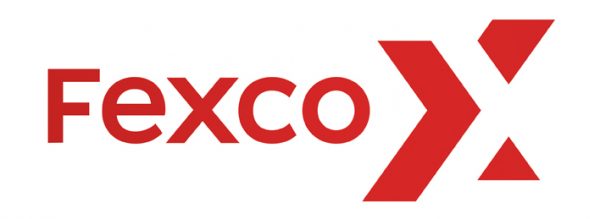Buying a car in the UK and bringing it to Ireland.
In 2019 almost half of all new registrations of cars in Ireland were used cars imported from abroad (mostly from the UK).
There can be substantial price differences between used cars in Ireland and the UK – in some cases, buyers can save 10 to 20% even after all the extra costs have been added on. When the Euro is stronger vs Sterling – the savings that can be made are even bigger.
Since Brexit – the savings to be made on UK imports are no longer as big because of VAT and possible import duty.
Finances and Currency Exchange.
Tip :– don’t use your bank to do the currency transfer when buying a UK car. On more expensive car purchases you can save another 2 to 3% by avoiding using your bank to do the transfer.
You could use an online exchange service such as Currency Fair. They are an Irish-based company , regulated by the Central Bank of Ireland. You can pay in your money to CurrencyFair with an Irish debit card or by bank transfer. Many other exchange firms won’t accept debit cards. (Special Offer – no fee on your first 5 transfers – which are usually €3 each).
Another option is to use Fexco . They are based in Ireland and are multinational financial solutions providers, with operations in 29 countries worldwide. They can offer car buyers more competitive exchange rates than the main banks. You can quickly request a quote online on their dedicated page for UK car imports. Once a figure has been agreed – you just transfer the Euro amount to Fexco and the seller will receive the Sterling into their account. (Same day if necessary)
Fexco are regulated by the Central Bank of Ireland, and by the Financial Conduct Authority for the conduct of payment business in the UK.
You could also use London based Currency Solutions . Visit their website for a free no obligation quote. You can also call them on their Irish number 01 431 1344 or on their UK number 0044 207 740 0000– ask for the Irish Links contact – Ernie Enver.
Vehicle Registration :
The registration process must be completed within 30 days of the vehicle’s arrival in Ireland.
You must register the car and pay the VRT at a National Car Testing Service (NCT)
Within 7 days of your vehicle arriving in Ireland, you must book an appointment with the NCTS for it to be inspected for VRT.
Your car will be examined to ensure that you are paying the correct VRT.
Once the vehicle has been registered and the VRT paid, you will receive a receipt for the VRT paid showing the registration number assigned to your car . You will also get a form RF100 for use when you are applying to pay motor tax.
You will also need to get an NCT test booked if the car is more than 4 years old – the UK MOT is not valis in Ireland.
If you are moving to Ireland from the UK and bringing your current car with you – you can claim an exemption from VRT. More details on VRT When Moving to Ireland.
See the Car Tax Rates in Ireland
VAT on Car Imports
If you are importing a new car from another EU country into Ireland you have to pay VAT (Value Added Tax), usually when registering the car. A new car is defined as a car that has been in use for 6 months or less, or has been driven for 6,000 kilometres or less.
The VAT is payable even where you have paid VAT in the other country.
If you are importing a new or second-hand car into Ireland from the UK or anywhere else outside the EU, VAT and customs duty is payable
If you are importing a new car (less than 3 months old or travelled less than 3,000km) you must also bring an EU Whole Vehicle Type-Approval Certificate of Conformity. If you are importing and registering a used car (over 3 months or 3,000km) you must also bring evidence of previous registration such as a foreign certificate of registration, a certificate of permanent exportation or a certificate of de-registration


